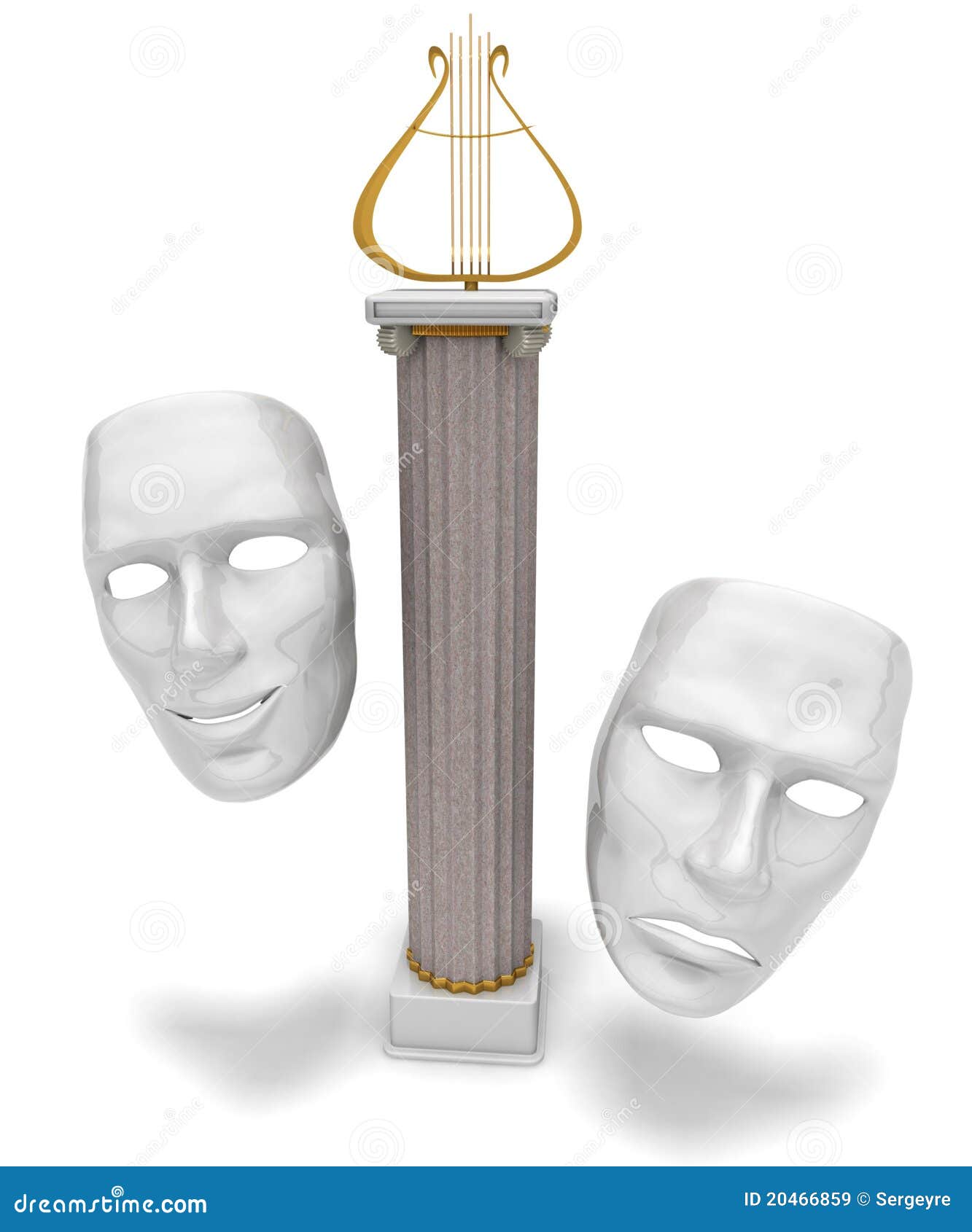In exploring the Bahá’í understanding of the Creator’s attributes, one may encounter a distinct dialectic: the question of whether these attributes exemplify a singular essence or a multiplicitous nature. This inquiry is not merely theological but reflects a profound marvel that has captivated humanity across diverse epochs and cultures. By delving into the implications of the Creator’s attributes—often interpreted as manifestations of divine qualities—one can glean insights into the relationship between humanity and the transcendent.
1. The Nature of the Creator’s Attributes
The Bahá’í Faith posits that the attributes of the Creator are not arbitrary; they are the essential characteristics of the Divine that reflect a unique harmony in creation. Prominent among these attributes are knowledge, power, love, and justice. Each of these characteristics transcends simplistic definitions, inviting deeper reflection. For instance, divine knowledge is not simply the accumulation of facts but encompasses an understanding of the very essence of existence.
2. One or Many: The Dichotomy Explored
This inquiry into whether the attributes of the Creator are fundamentally one or many can be dissected through various lenses. One perspective advocates for the unity of attributes, suggesting that they all culminate in a singular essence that defines God. This perspective hinges upon the notion that all divine qualities coalesce into a harmonious whole, suggesting an ineffable oneness that encompasses multiplicity without contradiction.
Conversely, another view highlights the individuality of each attribute, proposing that they serve as distinct manifestations of the Divine. A comprehensive understanding of the Creator necessitates acknowledging this diversity, for each attribute offers unique insights into the nature of divine interaction with the world. This plurality can be observed in various religious teachings, illustrating how different cultures interpret divine characteristics through their unique experiences and contexts.
3. The Interrelation of Attributes
A salient point arises when contemplating the interdependence of these attributes. In the Bahá’í context, attributes such as love and justice are not mutually exclusive; rather, they intricately weave together to create a tapestry of divine expression. Justice without love can become austere, while love unsupported by justice can devolve into capriciousness. Therefore, understanding the nature of the Creator necessitates a holistic approach that appreciates the interplay of divine attributes.
4. Historical Context and Human Interpretation
Throughout history, civilizations have grappled with the nature of the Creator. Ancient philosophies often idolized multifarious deities, attributing distinct characteristics to different gods. Monotheistic traditions, however, generally gravitated towards the unification of divine attributes. The Bahá’í Faith emerges from this historical continuum, proposing that the attributes are intricate facets of an overarching entity, the one true God.
This fascination with the multiplicity of attributes speaks to a deeper human longing for understanding and closure. The quest for knowledge about the Divine stems from an intrinsic desire to connect with a source that transcends mundane existence. Individuals often grapple with existential questions, seeking clarity in a world that frequently lacks it. The exploration of the Creator’s attributes provides a framework for grappling with these complexities.
5. Theological Implications for Humanity
From a Bahá’í perspective, the understanding of the Creator’s attributes shapes not only personal spirituality but also societal frameworks. A community’s cohesion is often founded on its collective interpretation of the divine qualities it esteems. When love and compassion are prioritized, societal norms tend to foster inclusivity and understanding. Conversely, a focus on justice without love may lead to rigidity and intolerance, highlighting the psychological and ethical ramifications of these attributes.
Moreover, the understanding of God’s attributes plays a pivotal role in interfaith dialogue. By recognizing that disparate faiths may articulate similar divine qualities through different lenses, individuals are encouraged to engage in conversations that are not only respectful but also enriching. This exploration underscores a shared human experience that transcends doctrinal differences.
6. The Impact on Personal Spirituality
On an individual level, the contemplation of the Creator’s attributes invites profound personal reflection. Appreciating the interconnectedness of divine qualities can lead to a more balanced spiritual practice. For example, an individual may strive to embody the attributes of love and justice in their daily interactions, thereby fostering a more meaningful existence.
This introspective journey often aligns with ethical considerations and a sense of responsibility towards others. The attribution of divine qualities to human behavior serves to enhance the moral fabric of society. By emulating these attributes, individuals can contribute to a collective consciousness that seeks to uplift humanity as a whole.
Conclusion
The exploration of the Creator’s attributes within the Bahá’í writings elucidates a profound interconnectedness that resonates beyond mere theological inquiry. The question of whether these attributes are singular or manifold encapsulates a deeper narrative about humanity’s intrinsic fascination with the divine. As individuals and communities grapple with these divine characteristics, they are engaged in a timeless quest for understanding, purpose, and unity. Such reflection is not only essential for personal spiritual development but also crucial for fostering a collective ethos that is inclusive, compassionate, and harmonious. In embracing both the unity and plurality of divine qualities, one aspires to bridge gaps, honor distinctions, and cultivate a world that reflects the attributes of the Creator.
